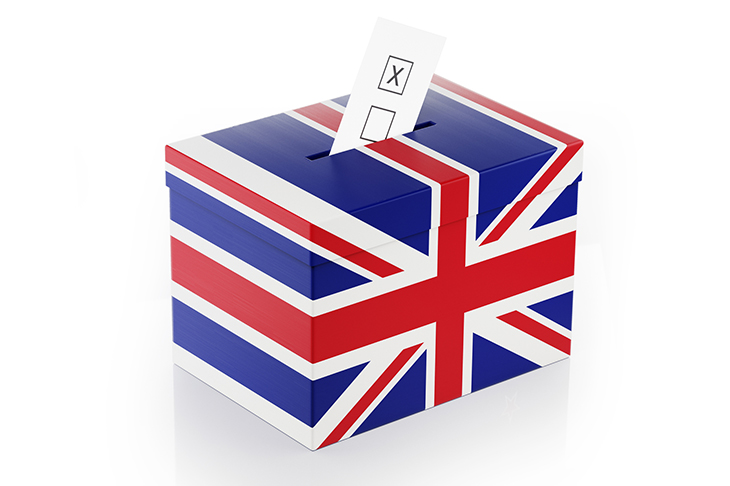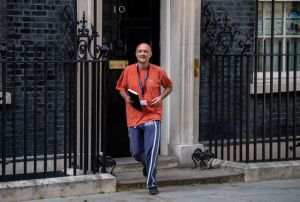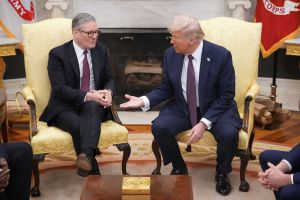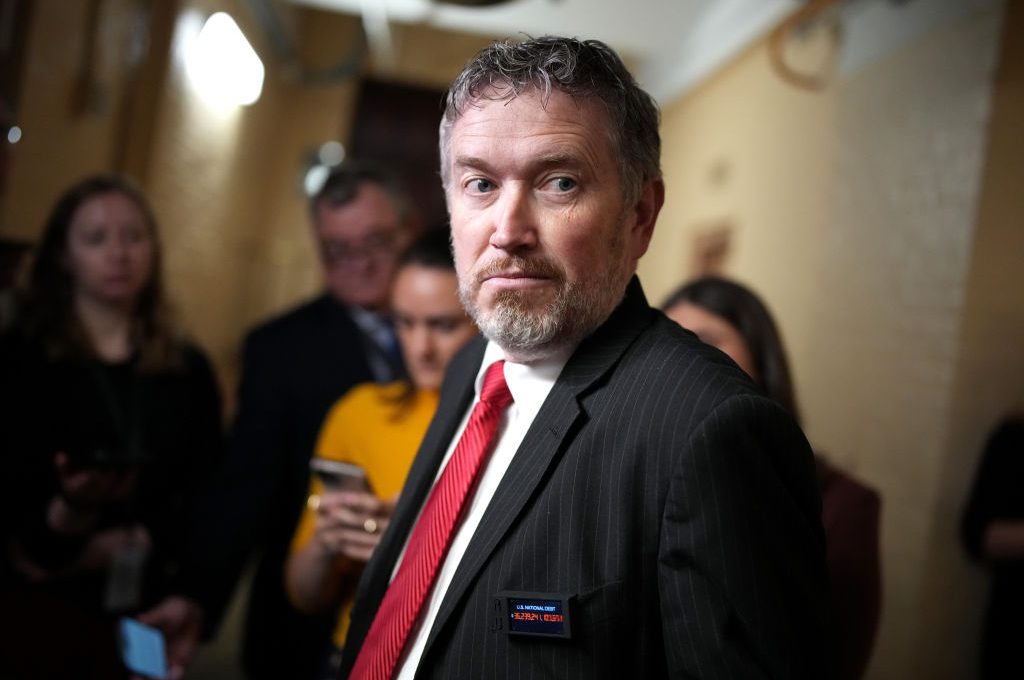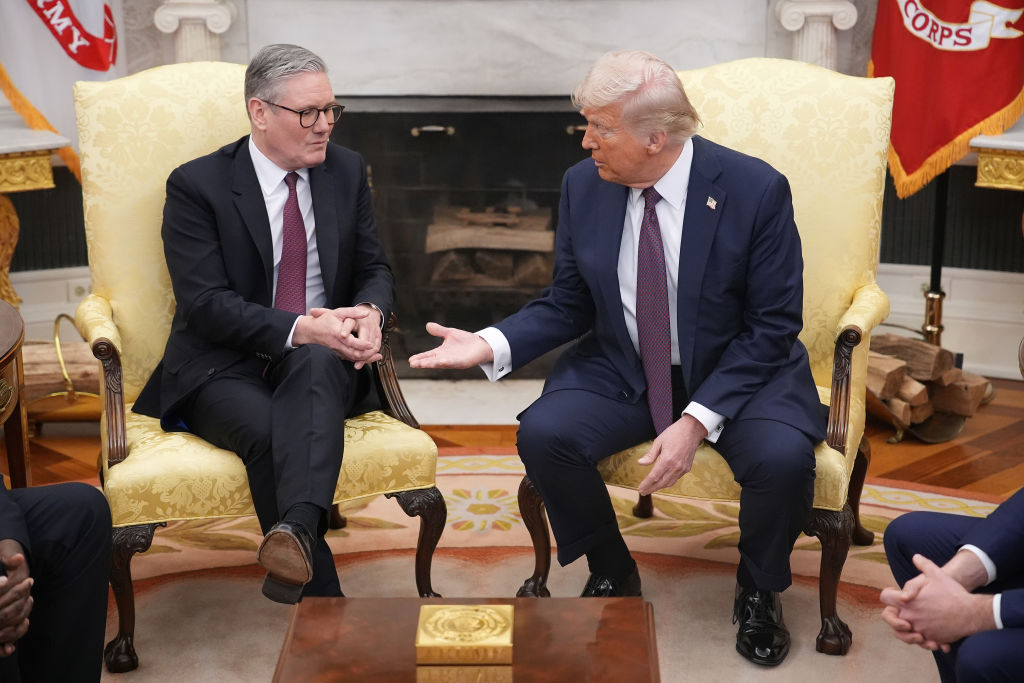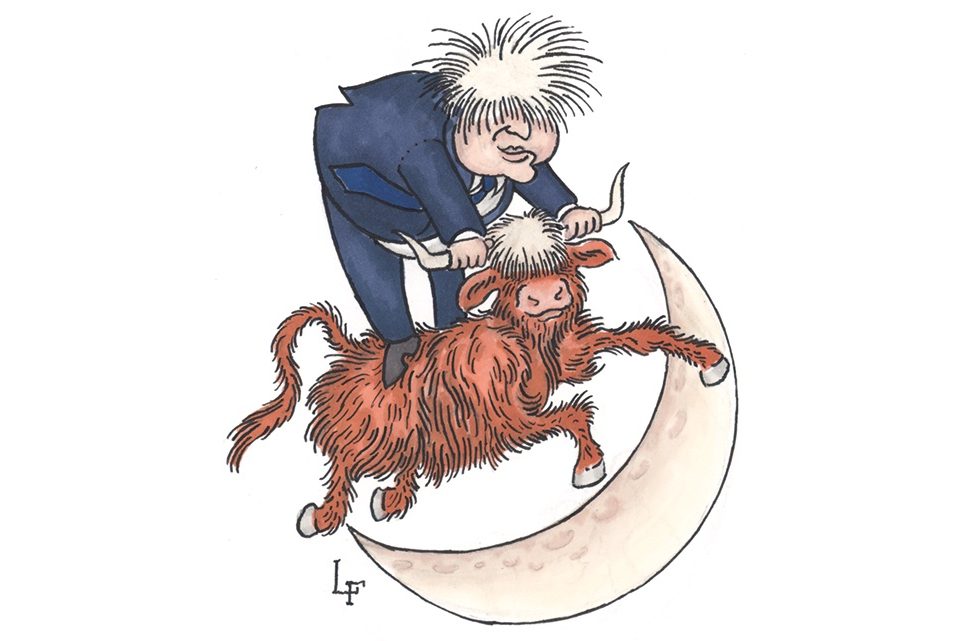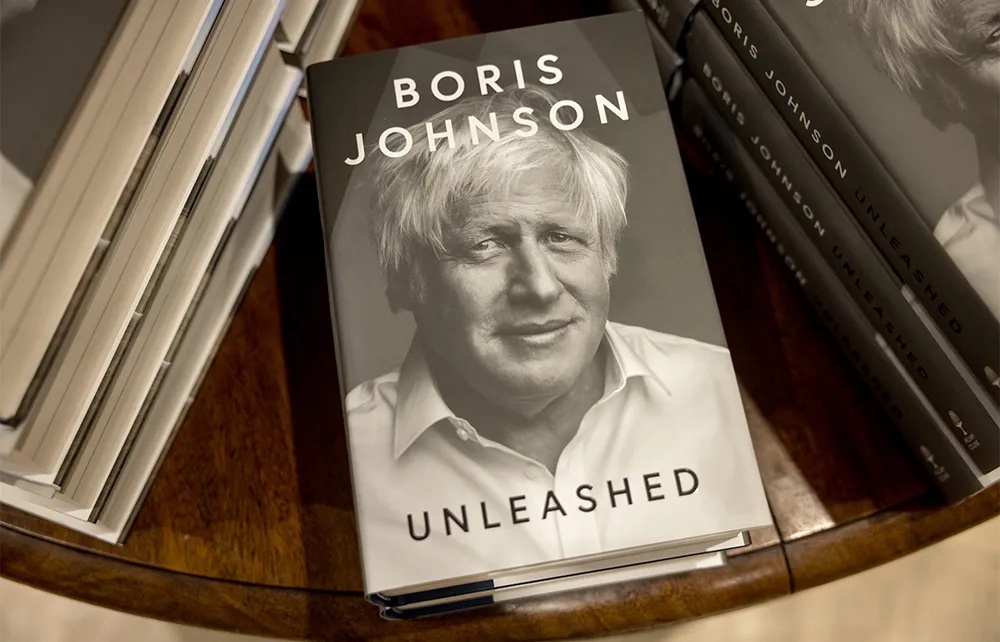The main reason Conservative MPs prefer Boris Johnson’s government to Theresa May’s is because of its clarity of message. The government now has direction and purpose. Briefings from Tory HQ, delivered even to those MPs who have managed to get away on holiday, have gone from intermittent and inconsistent to daily and succinct. The message is simple: Brexit will be delivered by October 31, crime is being tackled and the National Health Service properly funded. We can expect to hear these messages, or variants thereof, for the next few months.
But there is one area where the government seems less sure of itself: what will happen in the event of no deal? The British prime minister has long been reluctant to entertain the possibility as a likely outcome, after having said the odds on it happening are ‘a million to one’. He is a firm believer in the preparation paradox: by preparing for no deal, you avoid it. He has pitched himself as an optimistic leader, decrying the naysayers as doomsters and gloomsters. But with Brussels this week rejecting Johnson’s call to ditch the backstop and renegotiate, even the most optimistic souls in government are beginning to regard a no-deal Brexit as the most likely outcome. So it’s time to talk about it. But how to do so without scaring voters, or saying anything that might come back to haunt them?
A taste of the challenge ahead arrived last weekend with a leak of Operation Yellowhammer. The official government document set out various scenarios for a no-deal Brexit: food, medicine and fuel shortages and the return of a hard border in Ireland. In response, Downing Street attempted to play down the leak, claiming it was an old document from the previous regime which was based on ‘worst case scenarios’. The finger of blame was pointed at an ex-minister working against no deal.
But while Operation Yellowhammer began under May, Johnson and his team cannot dismiss the various disaster scenarios it details as impossible. No one can know for certain what will happen in a no-deal Brexit. There are too many variables: it is impossible to predict.
The recent messages from No. 10 about no deal have been about who gets the blame: Brussels, for refusing to renegotiate? MPs who are opposed to no deal, who have been undermining the government’s position in the Brexit negotiations by plotting to tie Johnson’s hands? While no-deal preparations have been ramped up under Johnson, we don’t hear very much about what it would mean in reality.
Are the stories — some of which lie in government analysis — a case of Project Fear 2.0? Or are they things that ought to be taken seriously — and, if necessary, a price to be paid in pursuit of a project that millions have steeled themselves for? Depending on who in government you speak to, you get a different answer. In light of the leak, Johnson himself would only go as far as to say ‘there may well be bumps in the road’.
‘There is still no central message,’ says a government source. ‘Some say it will be a walk in the park. Others that no deal is bad, but can be mitigated.’ A member of government adds: ‘Do or die is easy to sell to voters. It’s the bit after that worries me.’
The prime minister’s most senior aide, Dominic Cummings, is regarded by ministers as being one of the most gung-ho about no deal. His line is to do Brexit by ‘any means necessary’. And while Johnson chose his government ministers in part for their willingness to go through with no deal, some worry that playing down warnings could come back to haunt them. ‘Let’s face it: in a no-deal scenario, we will be blamed for everything that goes wrong — even if it’s unrelated,’ says one Tory MP.
Some are concerned that the effect of Johnson’s optimism could be to raise expectations to the point that even light disruption in the event of no deal results in a backlash. To try to assuage such fears, the government will soon embark on a multi-million-pound PR blitz to raise public awareness over measures they ought to take in preparation for no deal. Time has been spent attempting to prepare the government website for extra traffic, so it doesn’t crash (which would not be an encouraging sign). Michael Gove is expected to give weekly no-deal updates to the Commons when it returns, on the grounds that if planning is kept hidden, people will expect the worst.
The arrival of Sajid Javid in No. 11 has changed how the Treasury treats no deal. Under Philip Hammond, government departmental bids for funds were subjected to slow scrutiny, which ministers saw as obstructionism. Now, cash bids are welcomed, with Treasury aides offering to do what they can to speed things up. Cummings told aides last month that he expected a Budget in early October, but a decision has yet to be made on whether to publish a no-deal Budget in advance. Budgets need to be approved by MPs: a risky move for a government with a working majority of one.
The political divisions that dogged May’s premiership have not completely vanished now Johnson is in No. 10. The coalition that put him there consisted of reformed Remainers hopeful of a deal to bring the Brexit drama to an end, and arch-Brexiteers — some of whom now regard no deal as an optimal outcome. Both Steve Baker and Mark Francois have already made clear that even if the backstop is ditched entirely, they wouldn’t support the original Brexit deal. Some of the MPs in the Brexiteer European Research Group have privately encouraged the Brexit party to pitch candidates against the Tories in any imminent election to keep the pressure up.
The message from Boris Johnson is to stay calm, keep smiling, and keep planning: the more you prepare for a no-deal Brexit the more likely the EU is to offer a deal. But No. 10 itself has some hard decisions to make. Would no deal be a real problem? Would it be a painful but necessary experience, a step towards a brighter Brexit destiny for the country? Or is this all a giant bluff, to force the hand of Brussels? There isn’t much time left to decide.
This article was originally published in The Spectator’s UK magazine.



